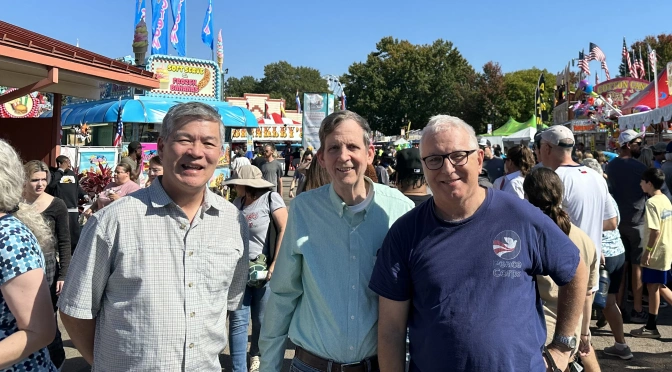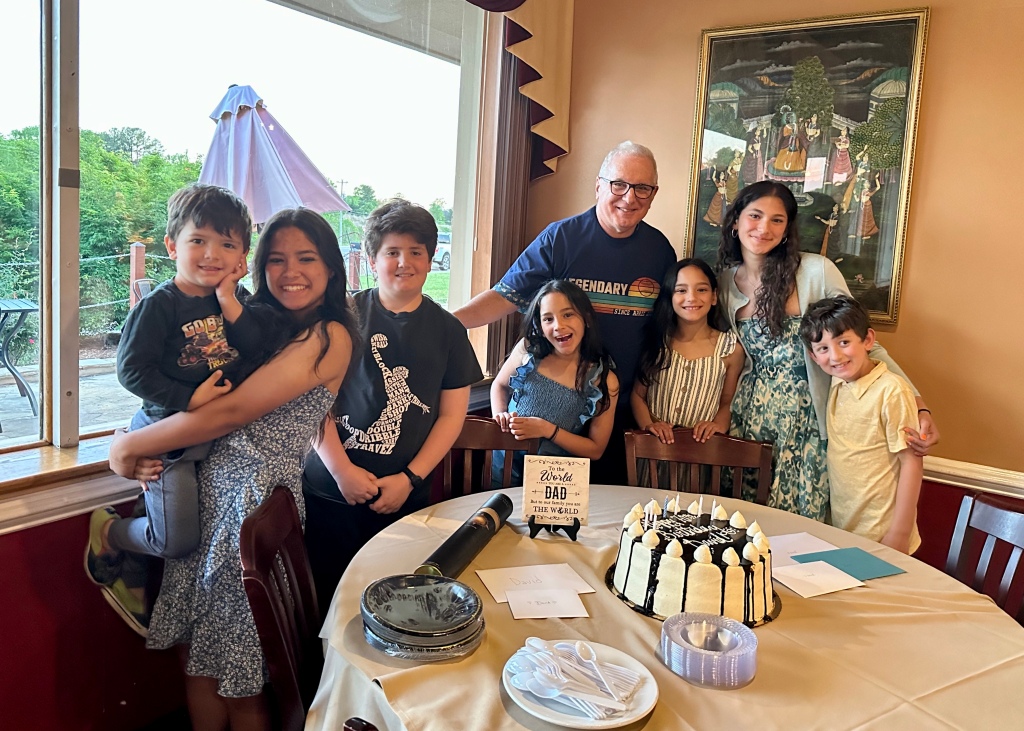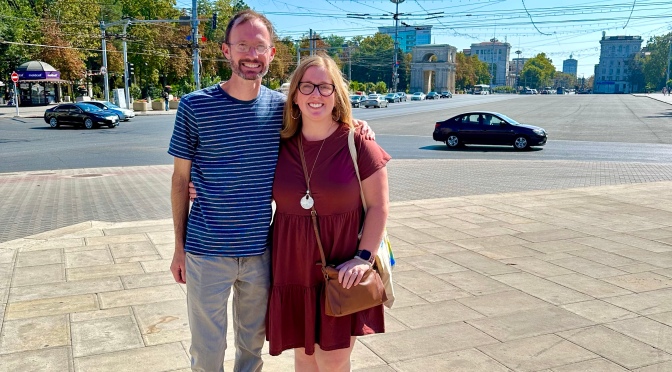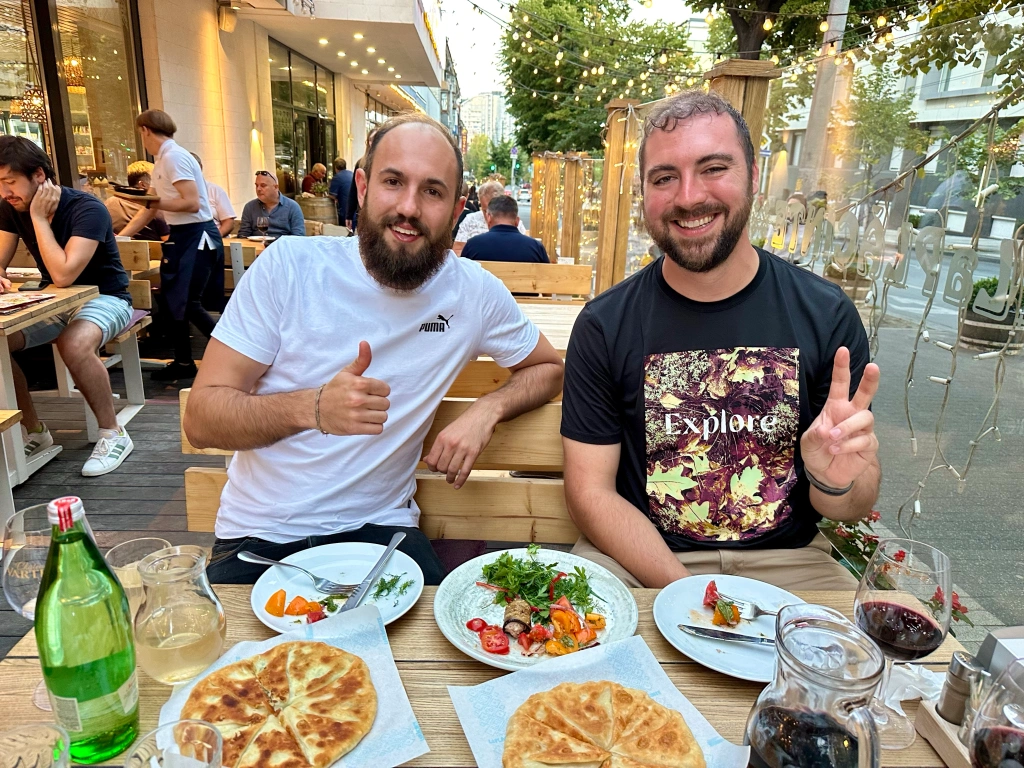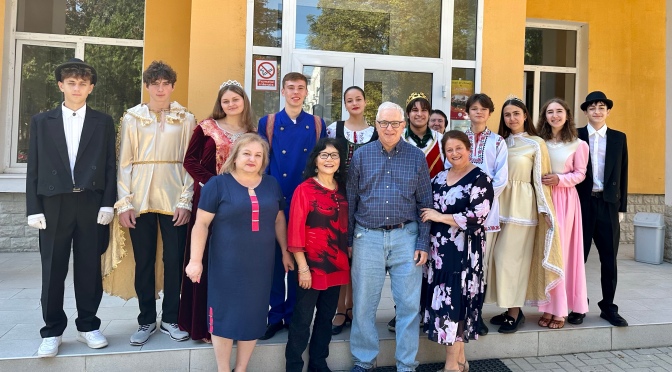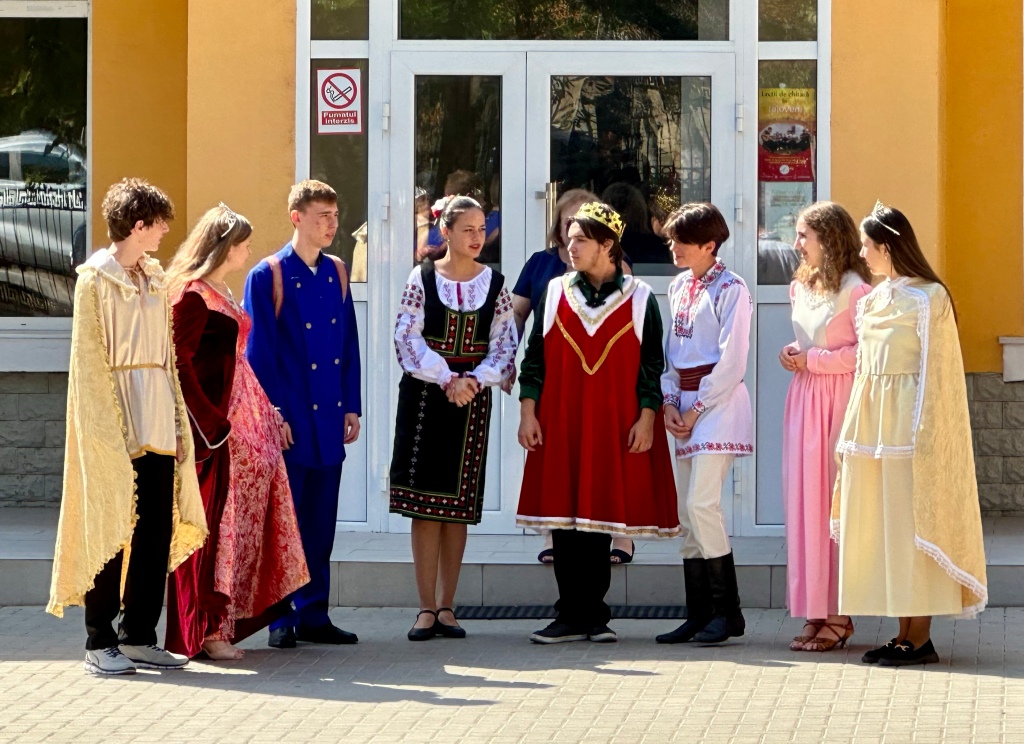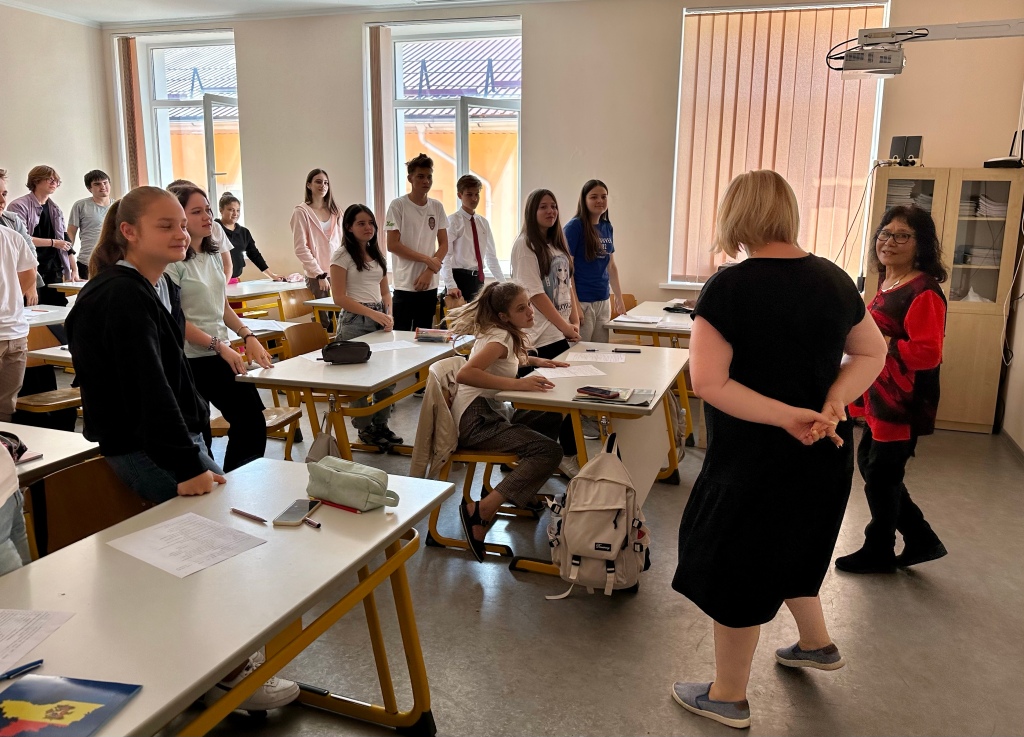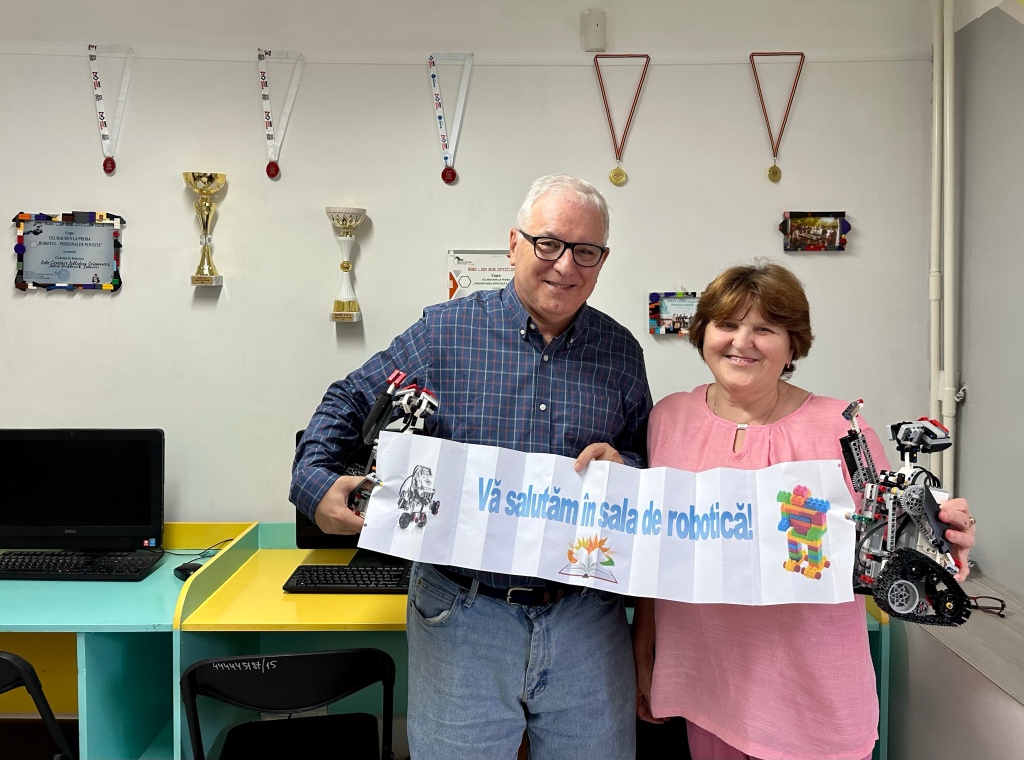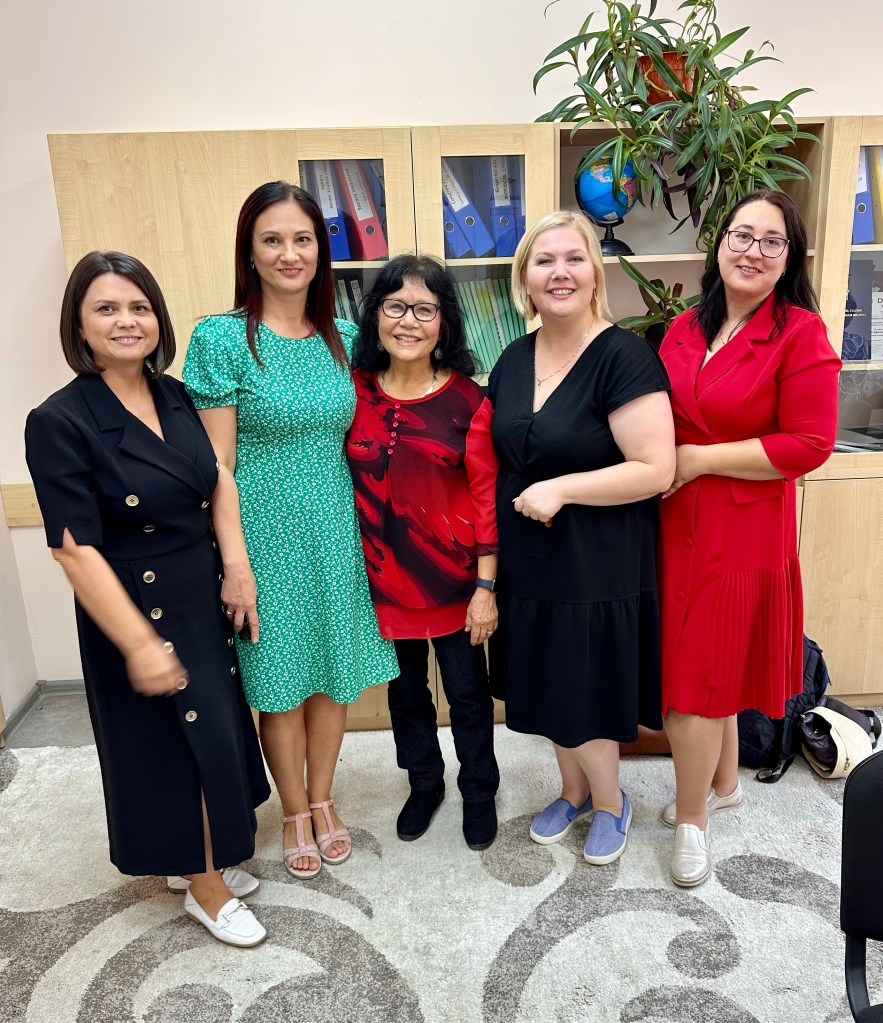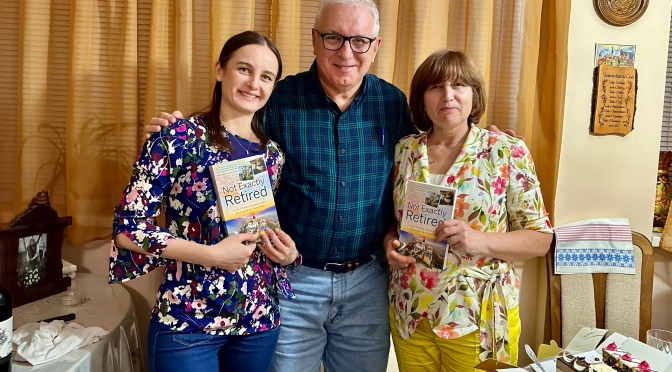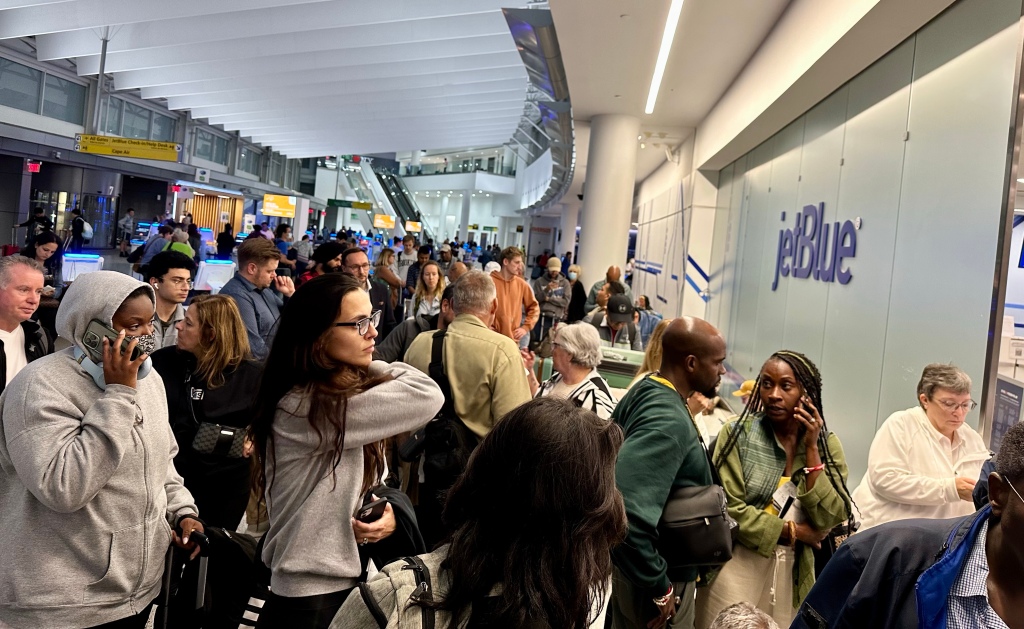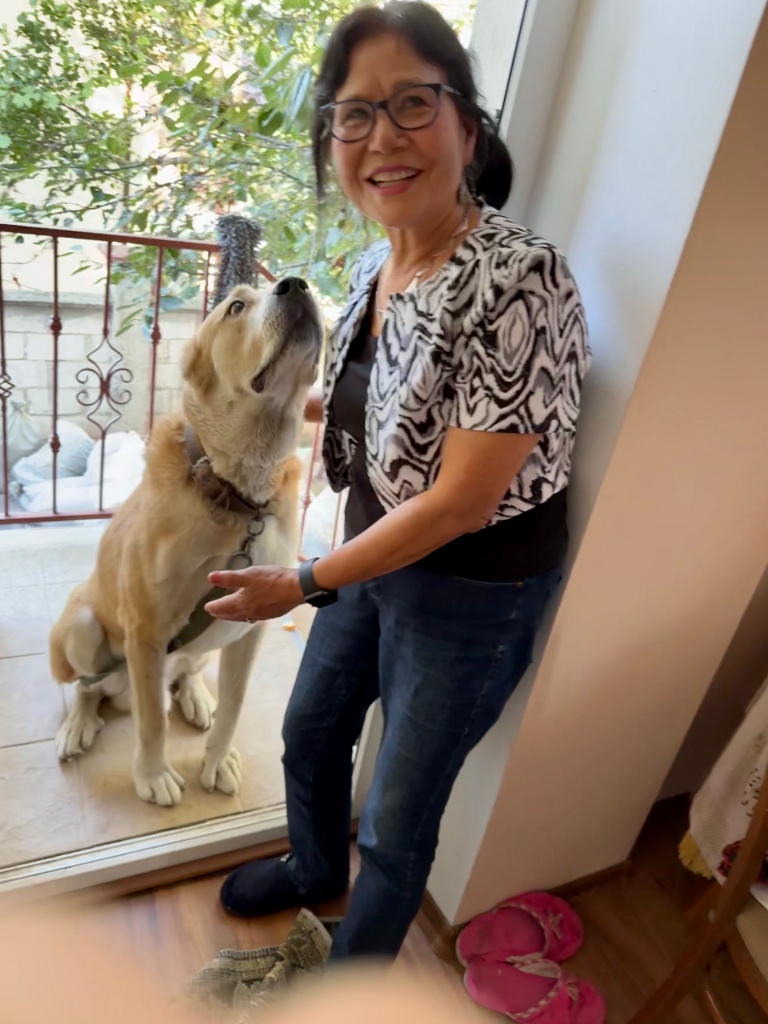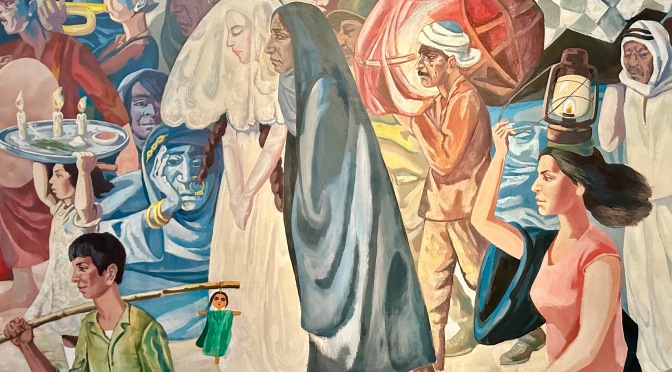I received a message recently from someone thanking me for an article I wrote in 1979 before returning home from my first stint as a Peace Corps Volunteer, in Nepal.
The message came from a woman in Tennessee who served in Swaziland (now Eswatini) around the same time. “I pulled out a scrapbook and found a copy of your Peace Corps Macho article,” she wrote me. “That saying has reminded me many times not to get too caught up in myself over the years. I thought to look you up and I’m glad to see that you are still writing thought-provoking words on a very interesting life.”
I’d nearly forgotten the article, which appeared in the July/August 1979 issue of Peace Corps Times (which no longer exists). I found it online and, despite some gendered language and outdated phrases (e.g., “Third World,” “villagers,” “far out”), much of it remains timely.
Just in case you missed the article 44 years ago, I’m sharing it here along with some photos of my time in Nepal.
Item: A fellow Volunteer chose one of the most isolated posts here in Nepal. A few months later, he was visited by a Peace Corps staff member. The Volunteer’s quarters were, the staff member later told me, “a hovel worse than anything in the whole village. His kitchen was dirty and he wasn’t boiling his water. It was unbelievable. When I asked him why he didn’t improve his living standard, he said, ‘Well, I didn’t join the Peace Corps to be comfortable, you know.’”
Item: My lifetime friend, Mitch, joined Peace Corps/Nepal a year after me. At the end of his training. he had to choose between Kathmandu and another town, Pokhara, for his post. If he lived in Kathmandu, we could have shared my house and had a great time together. But Mitch chose the other post. One of the main reasons was that we both felt funny about doing something that we would so obviously enjoy. It would lessen the hardship we associated with Peace Corps service.
Item: My first post in Nepal was a village called llam. For medical reasons, I was transferred to Kathmandu. My salary was raised by $16 per month. Now I go to an occasional film or cheap restaurant. When Volunteers come in from their isolated posts, I am sometimes asked whether I have forgotten in my “luxury” what the real Peace Corps experience is about.
The implication is clear: You have to suffer to be a PCV.
It’s an attitude that I call “Peace Corps Macho.” It occurs when the willingness to endure hardship in the course of helping the poor turns into the belief that hardships have an intrinsic worth of their own.
Peace Corps Macho. You have to suffer to sing the blues.
Turning the inevitable hardships of Peace Corps life into a psychic combat medal is, of course, one way to cope with problems beyond our control. We can laugh at our troubles. It gives a sense of camaraderie.
But the problem is that many Volunteers I know — myself included — sometimes feel they have to seek out these hardships to prove how much they can “take,” thus showing how much they are willing to sacrifice to help humanity.
For example, a typical conversation in the Peace Corps/Nepal medical office:
“Hey, guess what? My lab test just came back and I’ve got the amoeba!”
*Oh. that’s nothing. I just got over pneumonia. I almost got a trip to Bangkok out of it, but I got better too soon.”
“Really? Say, did you hear about Bob? He came down with typhoid and had to be helicoptered out. Pretty amazing. First he had hepatitis and malaria, now he’s got typhoid.”
“Well, you know, Bob’s a far-out guy.”
This is the ethic of the missionary. Suffering brings prestige. Like the priest in Graham Greene’s The Power and the Glory, the taking on of suffering elevates the soul.
The trouble with this is that Peace Corps Volunteers are not missionaries. Nor are we in Outward Bound. Nor the army. By the Peace Corps charter, we are here for three reasons. The primary one is to help the poor. Second is to give foreigners a chance to see Americans. And third is to create a body of American citizens sensitive to the needs of Third World development.
There’s not a word about suffering.
The line is not always clear, of course, about when hardship is a necessary part of getting our job done and when it becomes a spiritual ego ride. For example, to live in a simple house is to show solidarity with local farmers. But it’s ludicrous not to do what you can to catch the rats, keep your room clean and be happy.
Likewise, if you eat local foods instead of tinned goodies from home, it is a sign of fellowship with the poor. But some Volunteers carry this to the extreme by eating a protein-deficient diet, well knowing that they are endangering their health. Why? To be like their neighbors.
I feel the pressure myself. My lob and life here have been going extremely well. My teaching is successful, I have launched a series of special projects and have made many friends. And yet I sometimes feel guilty because things aren’t more difficult.
Peace Corps itself is ambiguous in its attitude towards hardship. On the one hand, it frets over Volunteer safety, programs and the like. But on the other, it prints recruiting brochures that ring something like: “Sure it’ll be tough. You’ll be vomiting up spiders and wishing those poisonous snakes would finally put you out of your misery. But you’ll be a Peace Corps Volunteer!”
The tension doesn’t only concern physical health, but mental health, too. Consider the Volunteer who has been at his post for six months, but who is not supposed to come to the capital for another two months. He is lonely and really wants to see his friends and have a decent meal. Too often a Volunteer in that situation will feel that he has to visibly freak out before he is morally justified in seeking relief. So he stays — after all, hardship is what Peace Corps is all about. Maybe he will tough it out after all. But maybe he won’t.
Another example: During my training, we had several conversations about whether there were times when we ought to drink unboiled water. In certain social situations, shouldn’t we just be gracious and take a few sips?
Well, as one who has now been through giardiasis, amoebic dysentery, hookworm and roundworm, I have no doubts anymore what the answer to that question is. What are you going to gain by drinking the water and vomiting for days: impress the villagers?
There seems to be a need here for balance between our own needs and the commitment we feel to help the poor. Too often there is a tendency among those involved in social service to make the worst of things so as to assure themselves that they are genuinely committed.
The issue is even more pronounced these days since many of us (I include myself) feel a certain repulsion toward the narcissism of many in the so-called human potential movement, what Tom Wolfe and others have called the “Me Generation.” For myself, I feel that many such people, well meaning though they may be, have become so wrapped up in themselves that they have forgotten the poverty of half the world’s people.
But they have their point, too. It’s a fool who doesn’t watch out for himself. So somewhere between suffering to show “compassion” for the poor and getting Rolfed and ESTed all day, there’s got to be a balance.
In any case, Peace Corps should face this issue a lot more squarely than it does now. Is hardship to be maximized as a requirement for successful service? If not, why does Peace Corps so often glorify unhappiness? And more important, why do so many PCVs let themselves get sucked in by such self-destructive logic?
Peace Corps Macho, to be sure, is not one of life’s basic human needs.








